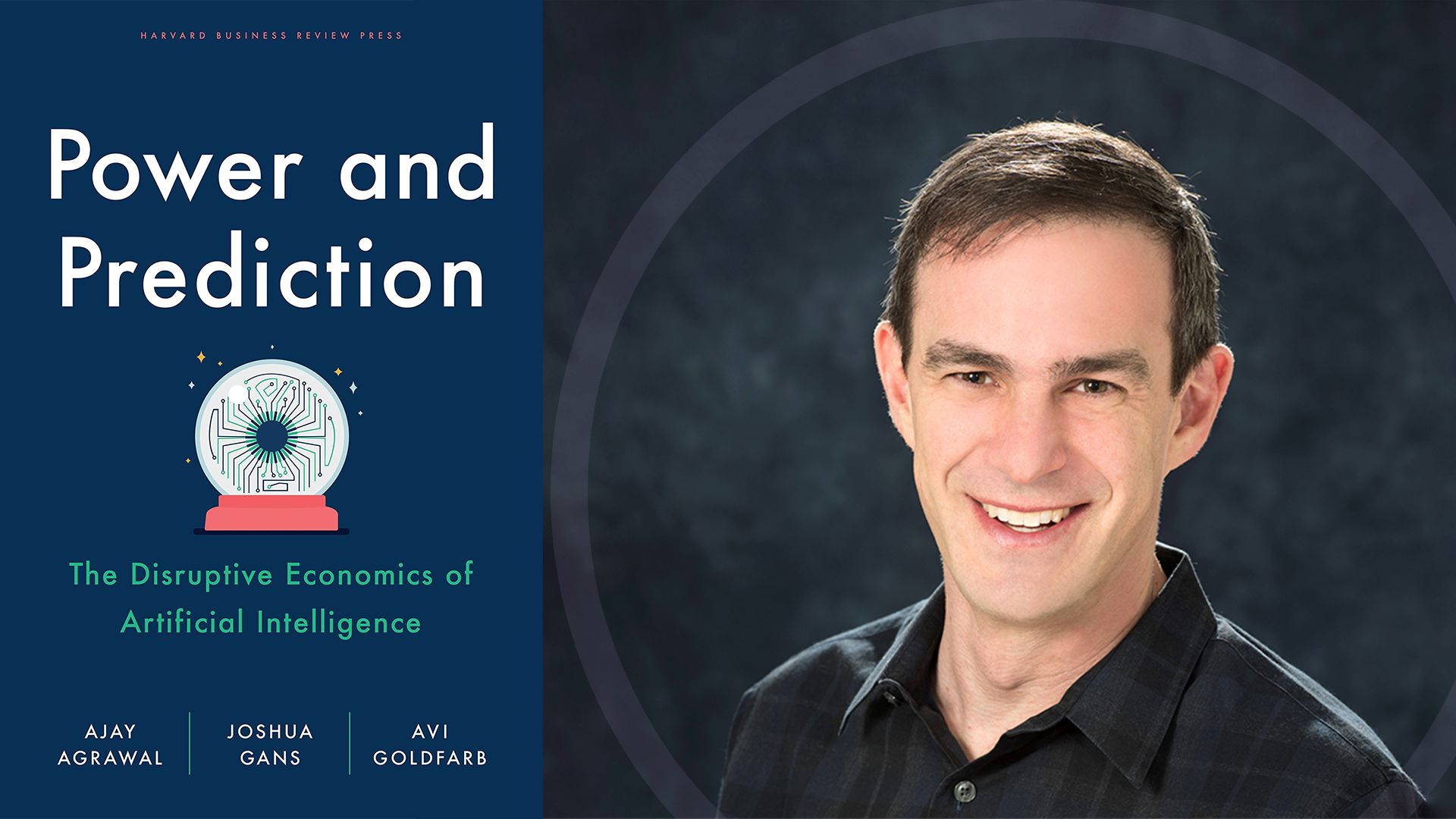
Academic papers written by AI get a solid B—but is it cheating?
The rise of ChatGPT is challenging our approaches to teaching and assessing writing in the liberal arts and sciences, writes SRI Faculty Affiliate Rhonda McEwen, who argues that generative AI technologies are here to stay and should be part of the world for which we prepare our students.
Successful use of AI in government means doubling down on human and democratic values
SRI Associate Director Peter Loewen argues that to unlock the value of artificial intelligence for the public sector, governments must double down on the importance of human and democratic values.
SRI announces postdoctoral research fellowship to explore human normative systems
Are you a scholar with a PhD in a computational discipline? The Schwartz Reisman Institute is hiring a new postdoctoral fellow to engage in a research program headed by Gillian Hadfield that will explore the phenomenon of human normativity and group coordination.
ChatGPT is a “game changer” for artificial intelligence
ChatGPT’s ability to respond to user prompts in ways that are eerily similar to humans has sparked headlines and concerns around the potential impacts of large language models. In a panel on TVO’s The Agenda, Gillian Hadfield discussed why the system is a “game changer.”
Power and prediction: Avi Goldfarb on the disruptive economics of artificial intelligence
In his new book Power and Prediction: The Disruptive Economics of Artificial Intelligence, SRI Research Lead Avi Goldfarb makes a compelling case for how AI innovation will evolve, and why it will require systems-level changes to the ways public and private sector organizations make decisions.
Upcoming SRI Seminars explore the societal implications of AI systems
The SRI Seminar Series presents cutting-edge research on the social impacts of artificial intelligence and data-driven technologies, providing a unique opportunity to learn from leading experts in a wide range of fields and engage in discussions with the Schwartz Reisman Institute’s interdisciplinary community. Registration for all Winter 2023 sessions is now open.
New report outlines foundations and practices to foster responsible computing research
How can computing researchers better consider the ethical and societal impacts of their work? In a recent SRI Seminar, Harvard professor Barbara Grosz outlined the key findings of a major new report on responsible computing research, which provides practical recommendations for new methodologies and approaches.
The Digital Charter Implementation Act ignores Indigenous Data Sovereignty
Canadian data laws need to respect the sovereignty of Indigenous data, argue John Borrows and Lisa Austin. There are a number of provisions in which the newly-proposed Bill C-27 legislation could better align with Indigenous laws and values, and in doing so address the urgent goal of reconciliation.
2023 call for Schwartz Reisman faculty and graduate fellowships now open for U of T researchers
The Schwartz Reisman Institute for Technology and Society has launched its call for 2023 faculty and graduate fellowships, open to researchers at the University of Toronto whose work explores the social impacts of new technologies.
Data rights will not save democracy
Responding to Bill C-27’s proposed Consumer Privacy Protection Act, Jamie Duncan and Wendy H. Wong explain why Canadians need data and privacy legislation that protects us not just from individual dangers, but collective harms as well.
How will Bill C-27 affect the governance of online platforms?
How will Bill C-27’s Consumer Privacy Protection Act change the obligations of large internet platforms and search engines, especially with respect to their ability to target advertising and recommend content? Open questions remain around the new legislation that hinge on the interpretation of platforms’ necessary and legitimate interests.
How will Bill C-27 impact youth privacy?
Does Canada’s newly-proposed Consumer Privacy Protection Act sufficiently promote and protect the digital identities of youth? Guest contributor Michael J. S. Beauvais and Leslie Regan Shade argue that the draft legislation takes a thin view of consent and choice requirements for online services, and that clearer and more stringent rules around data privacy are needed.













